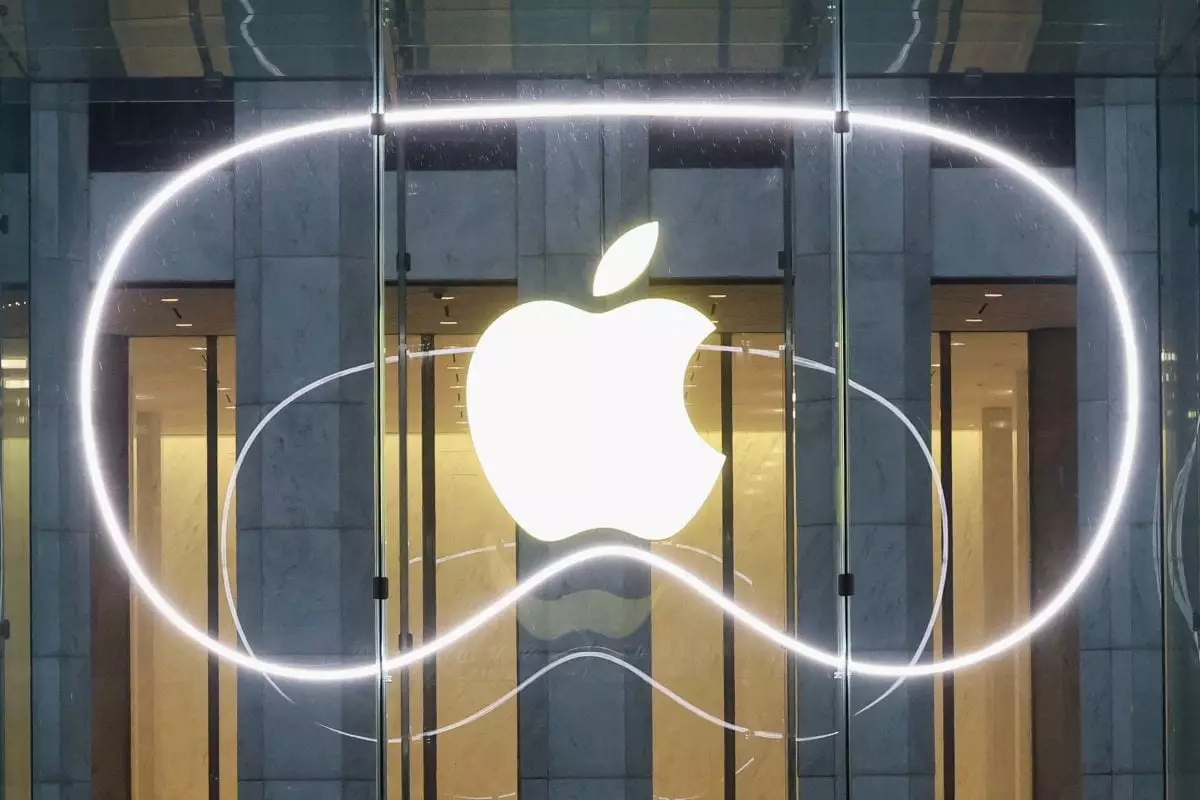The ongoing tensions between large corporations and their employees have found a new focal point in the case of Apple Inc., as the U.S. National Labor Relations Board (NLRB) recently leveled serious allegations against the tech giant. The NLRB contends that Apple has been inhibiting its employees’ rights to engage in collective action for better working conditions by imposing restrictive social media policies and unfair termination practices. This situation raises questions about corporate governance and the mechanisms that should protect the rights of workers in an increasingly digital workplace.
One of the core allegations against Apple revolves around its enforcement of policies related to the use of workplace communication tools, particularly the messaging app Slack. According to the NLRB, Apple has established rules that not only limit employees’ ability to express workplace concerns but also penalize individuals who take the initiative to advocate for change. For instance, the complaint notes that Apple illegally dismissed an employee who voiced concerns about workplace conditions on Slack, reflecting a broader issue of silencing dissent and stifling open communication. Moreover, employees were reportedly pressured to delete social media posts that criticized the company, suggesting a culture that prioritizes public image over employee rights.
The implications of such actions extend beyond individual cases of wrongful termination. They undermine the fundamental rights enshrined in labor laws which enable employees to organize, share grievances, and collectively push for improvements in their working environment. When a dominant corporation employs tactics to suppress these rights, it sets a troubling precedent for workplaces across various industries.
This latest complaint against Apple marks the second instance in a single month where the company has found itself in legal trouble regarding its treatment of employees. In a previous accusation, the NLRB pointed to broad and overly restrictive policies concerning nondisclosure agreements and social media use that infringe on employees’ rights. Such patterns of behavior suggest a systemic issue within Apple’s corporate culture—one that might prioritize confidentiality and control over open dialogue and fairness.
The case against Apple further shifts focus to employee Janneke Parrish, who claims she was terminated in retaliation for her advocacy work, which included efforts for remote work and equitable pay. Such narratives resonate deeply in an era where employee activism is rising in prominence. Workers are increasingly seeking to have their voices heard, particularly in a society that demands accountability from corporations, especially those as influential as Apple.
Corporate Accountability and Legal Proceedings
Apple has not remained silent in the face of these allegations. Company representatives have emphasized their commitment to maintaining a positive workplace and caring for employee issues. However, their strong denial of wrongdoing contrasts sharply with the claims made by the NLRB and the legal representatives of affected employees. The contradiction sets the stage for a potentially significant legal battle in which both sides will present their cases before an administrative judge in February. This is a crucial moment for corporate accountability, as the forthcoming legal outcomes may affect Apple’s operational policies, employee relationships, and public perception.
The responses from Apple reflect a familiar narrative found in corporate America—essentially, a struggle between maintaining a favorable public image and acknowledging the complexities of labor relations. The ramifications of this case could reach well beyond Apple, prompting other companies to reevaluate their own policies regarding employee rights and social media use.
As the legal proceedings unfold, the larger conversation about labor rights and corporate governance continues to evolve. While digital platforms like Slack can facilitate communication and advocacy, they also pose challenges for worker autonomy if companies impose restrictive regulations. The NLRB’s position emphasizes the need for reform to protect labor rights not only at Apple but across the entire corporate landscape.
This case serves as a reminder of the ongoing struggle for fair treatment in the workplace and the balance that needs to be struck between corporate interests and employee rights. As employees increasingly leverage digital communication in their activism, companies will need to navigate the delicate path of fostering an open organizational culture while upholding the rights of their workforce. The resolution of this case may well influence future policies, setting the tone for how corporate America interacts with its employees moving forward.


Leave a Reply